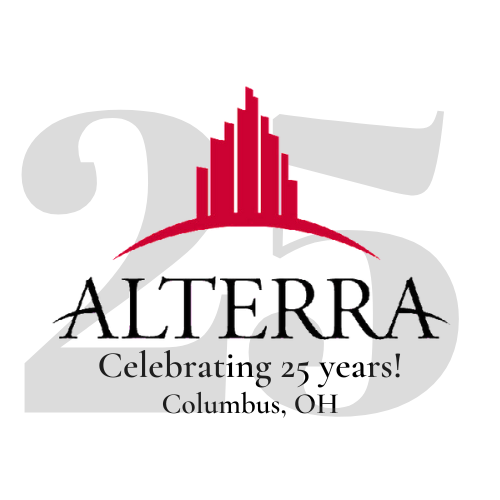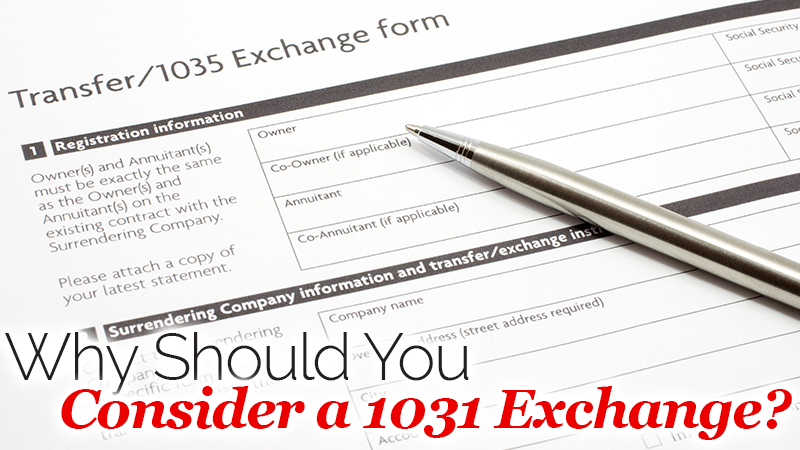Used by well-informed investors to increase their wealth, a 1031 exchange can be a windfall to you if you are selling your current business or productive trade. More commonly called like-kind or Starker exchanges, a 1031 exchange is the swap of one investment asset or business for another, whether of equal value or not.
A 1031 exchange of a trade, business or investment property can be used in like-kind exchanges. In most commercial real estate transactions, you will be taxed on profits made from the sale. However, you can reinvest the proceeds from the sale of your business using a like-kind exchange, which can reduce the tax liability on the profits of your sale.
Reduce Your Tax Liability
A 1031 exchange can save you a significant amount for income taxes paid on the profits of the sale of your investment property. A 1031 will allow you to defer your taxes if you purchase an eligible property within the time constraints of a 1031 exchange. An example would be a property with a $200,000 tax liability after the sale. A 1031 exchange will keep you from having to pay this tax so you can use that savings elsewhere.
This move can leave capital on the table that you can use in other investments or put into the new business for which you have traded. Using this exchange method, you can sell one business and trade for another, trading up and increasing your wealth each time with no tax liability for any of the trades as long as the swaps meet the criteria of a 1031 exchange.
What Qualifies for a 1031 Exchange?
Businesses used in a productive trade or investment property are eligible for like-kind exchanges. This means that you can trade the proceeds of the sale of an apartment building for an office complex, raw land for a restaurant, or industrial property for retail property.
What Doesn’t Qualify?
Trading of stocks, bonds, notes, certificates of trust or other such financial instruments can’t be used in like-kind exchanges. The proceeds of the sale of a residential property are not eligible for a 1031 exchange and residential properties that are fixer-uppers and are purchased to be flipped do not qualify as they are considered stock in trade.
How to Prepare for a 1031 Exchange
You have 45 days to identify a new property after the sale of your current property and 180 days from the sale of your current property to the closing on your new property, so getting started with a search for a new property needs to begin before you sell your current business. More cash can be added to the deal if the proceeds from the sale of your business are not enough for the purchase of the new property.
A 1031 exchange can be a very complex process and the assistance of your commercial real estate agent, accountant and attorney are important for an informed and seamless like-kind exchange.

